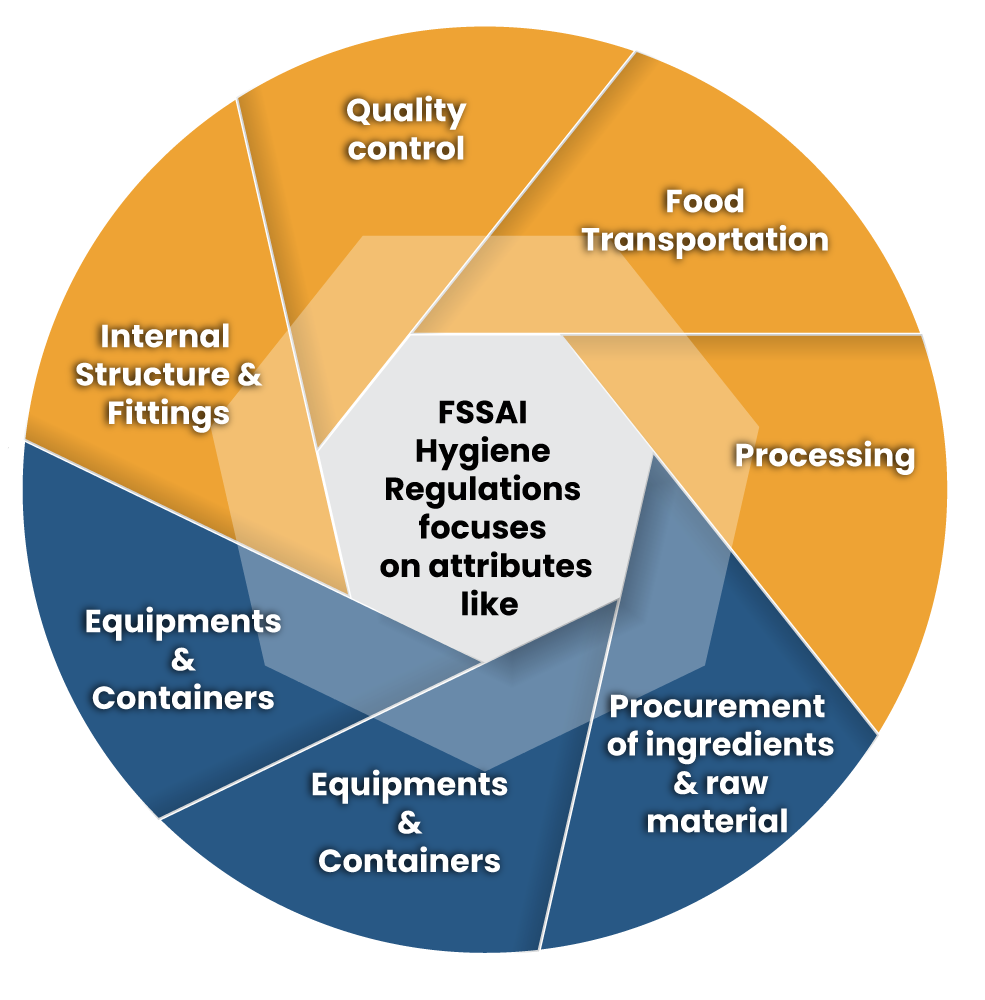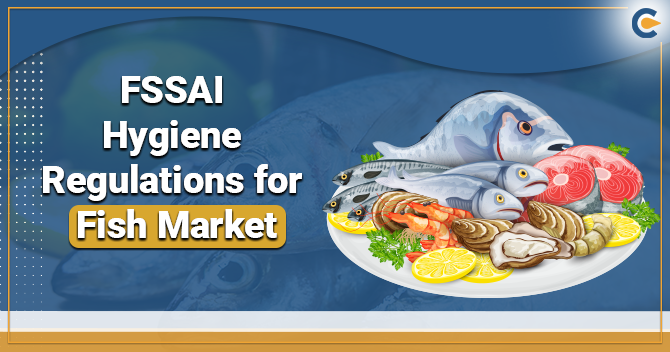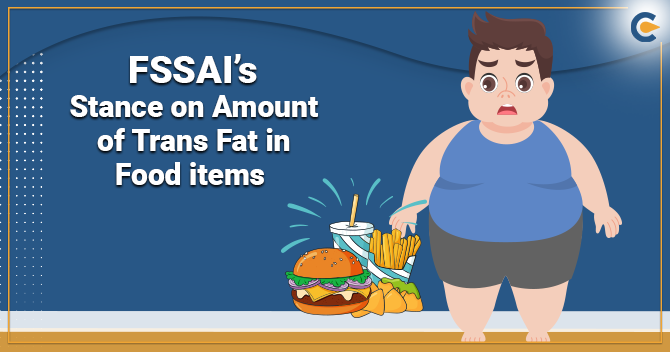FSSAI is quite strict on maintaining the integrity of the food items. Every now and then, the authority announced updated regulation via notification for FBOs to maintain the quality of the food items. Continuing the same trend, the FSSAI has come up with another notification that encloses the regulations for the fishery products’ hygiene. Released in November 2020, the notification aims to uplift the sanitation and hygiene element of the premises where fishes are stored and sell prominently. In this article, you would find the detail regarding FSSAI Hygiene Regulations for the fish market.
Conditions to be Followed by the Fish Vendor to Stay in Compliant with FSSAI Hygiene Regulations
- The stationary street vendor must place a notice/signboard on their premises that reflect the type of fish being sold by the vendor.
- The surface of the retail area walls and floors should be made from impervious material for easy sanitation and cleaning.
- Windows and doors of the retail area should be constructed for effective cleaning & sanitation to avert the absorption of blood, dust, and fungal growth.
- The material of tableware used for storing the fishes must be made from a non-absorbent material to ensure the utmost hygiene. It must be chemically non-reactive to the edible items, disinfectants, and detergents under ideal operating conditions.
- The vending table should have a proper slope in place for the effective drainage of waste.
- The retail place must be equipped with personal hygiene accessories such as disinfectants and hand washers for the fish handlers.
- Fish handlers working at the retail premises must have access to toilet facilities.
- The retail premises should be free from pest. The owner must conduct regular pest control treatment of the selling area.
- The temperature of the storage area must lie between 0-4 C. However, in the case of the frozen product, the temperature must be capped at -18C.
- The stacking of the product should be done in a way to ensure proper air circulation.
- The retail premise should works on the principle of first-in and first-out basis so that the stored product can be used before expiry.
- The raw product must be stored below the cooked product to avoid contamination from the drip.
- Molluscans shellfish and ready to eat products must be placed apart from each other.
- A proper temperature should be maintained for packaged products placed in the cabinet self-service display.
- Every edible item in a display shall be placed in a separate container so that hygiene wouldn’t be compromised.
- The use of tobacco should be completely forbidden from the retail premises. It is advisable to display boards like No Spitting and No Smoking.
Read our article:Who needs FSSAI Registration? Is FSSAI Registration Mandatory?
FSSAI Hygiene Regulations for Establishment Dealing with Fishery Products


Following are the specific prerequisite regarding FSSAI hygiene regulations that need to be followed by establishments involved with the manufacturing[1], handling, storing, and selling of fish items.
Internal Structure & Fittings
All interior structures, including walls, ceiling, doors, windows, and fixtures directly exposed to fishery products, should be non-corrosive and non-reactive in nature. This helps minimize the accumulation of slime, scales, and blood and enables the owner to maintain a contamination-free environment consistently.
Equipments & Containers
Conveying equipment for fishery products shall be constructed from a non-corrosive material that stays inert for a lifetime. The cooling area for fishery products must have a temperature recorder in place for ensuring the prescribed temperature limit consistently.
Procurement of Ingredients & Raw Material
Avoid procuring the ingredients & raw material from unapproved suppliers. Before routed to the storage area, the raw material should be washed using clean water to remove soil or other contaminations.
- Shrimps shall be procured from an approved aquaculture input.
- The fish product must be procured in the best condition and should be free from ammonia-like odor.
- Whole fish shall have a red grill and firm flesh with no odor.
- Discolored, darkened, and dried fish fillets should be avoided.
- Lobster and scallop flesh shall display pearl-like color and no odor.
Processing
- Shellfish and finfish shall be handled with care to avert any chances of physical damage such as mutilation and puncture. Encourage the utilization of food-grade material for conveying food items from one place to another.
- A cooling storage area must be equipped with a proper drainage system for the effective disposal of melt water.
- The owner must ensure that the organoleptic properties of fishery product remain intact until the point of the expiration.
Food Transportation
- Transportation facilities for the fishery product should incorporate chilling equipment to maintain the prescribed temperature limits, i.e., 4C or -18C, whichever is appropriate.
- The cooling chamber must be able to dispense a continuous supply of chilled air.
- The cooling chamber built on the transportation system should be free of contamination or debris. There should be a proper schedule in place for washing the cooling chamber. This way owner can keep the fishery products as safe as possible.
Quality control
- Fresh fishery products should be free from food additives such as formaldehyde or synthetic hormonal substances. The owner must comply with the existing regulations in this regard.
- Fishery products should be examined for the presence of parasitic affections.
Conclusion
The primary objective of the FSSAI hygiene regulations is to boost the level of sanitation at the retail store where fishes are stored and sell on a prominent basis. Guidelines rendered by the FSSAI focussed on improving the existing sanitation norms. For more clarification, make your way to CorpBiz’s professional to provide proper insight into the FSSAI hygiene regulations.
Read our article:What are the Essentials for Running Meat Processing Business in India?
nov-2022










